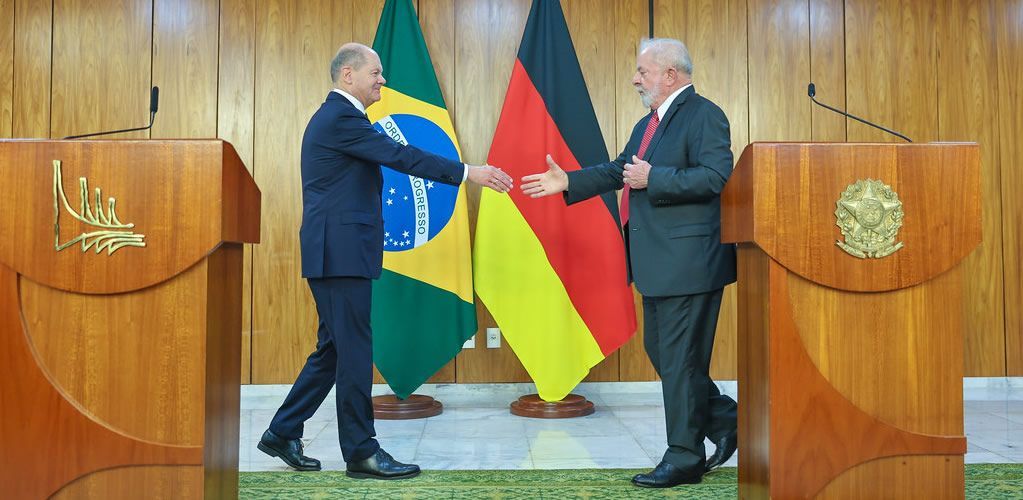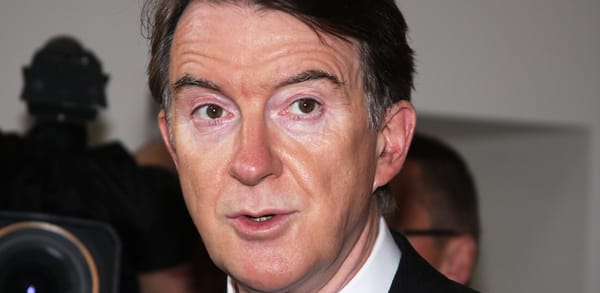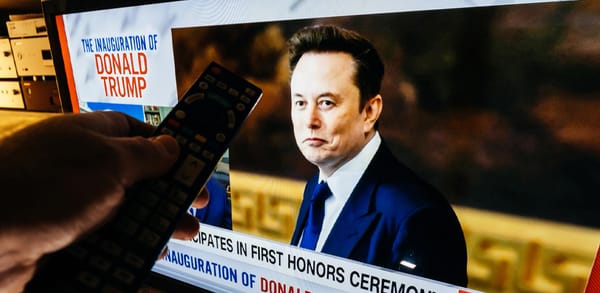President Lula cold-shoulders Chancellor Scholz over sending military aid to Ukraine
President firmly rejects the notion that Brazil could help Ukraine defend against Russian missile or drone attacks by sending military aid.

President firmly rejects the notion that Brazil could help Ukraine defend against Russian missile or drone attacks by sending military aid.
On Monday, German Chancellor Olaf Scholz and Brazilian President Lula da Silva held a joint press conference in Brasília in the last leg of the German leader’s South American trip to promote a long-delayed EU-Mercosur trade and political cooperation deal. During the meeting, Lula brought up the issue of the war in Ukraine and voiced his rejection of Scholz’s appeal for Brazil to support Kyiv with weapons.
“If one doesn’t want to, two can’t fight,” the Brazilian President said, implying that Ukraine also had a role in Russia’s invasion. He further questioned the causes of the war, asking if it was the result of NATO, territorial claims, or the desire for entry into the European Union. Lula concluded that, while Russia had made a “classic mistake” by invading Ukraine’s territory, neither side was exhibiting a sufficient willingness to resolve the war through negotiation.
CONTINUE READING...
Enjoy unlimited access now.
To get full access to this article,
simply become a member of PUBLIC SQUARE now.
By doing so, you will be supporting
our independent journalism.
MEMBERSHIP OPTIONS:
£3/month ∙ £5/month ∙ £7/month
You can cancel anytime.
BECOME A MEMBER
Already a member? Sign in here!
BENEFITS OF MEMBERSHIP:
✅ Read exclusive member-only articles
✅ Read our daily review of the UK front pages
✅ Receive every new article by email
✅ Access all our articles
✅ Get Special Discounts with our partners
✅ Join the conversation: Comment our articles
✅ Access our archives
✅ More importantly: Support independent journalism and keep the magazine going
Read more

— The UK faces a diplomatic dilemma as Lord Peter Mandelson’s controversial appointment as ambassador to the US clashes with Trump-era tensions. His credentials impress, but political baggage risks rejection.

— Elon Musk’s self-radicalisation stems from his reliance on X’s algorithm-curated feed, which amplified far-right narratives, creating a feedback loop that entrenched his beliefs and shaped his radical political discourse.

— Your daily roundup of the front pages of the main newspapers and magazines today in the UK... and beyond.

— Elon Musk’s controversial gesture at Trump’s inauguration sparked accusations of Nazi symbolism, while Trump’s extremist policies and global provocations highlight an alarming shift towards far-right authoritarianism. The world watches anxiously.
|
|

